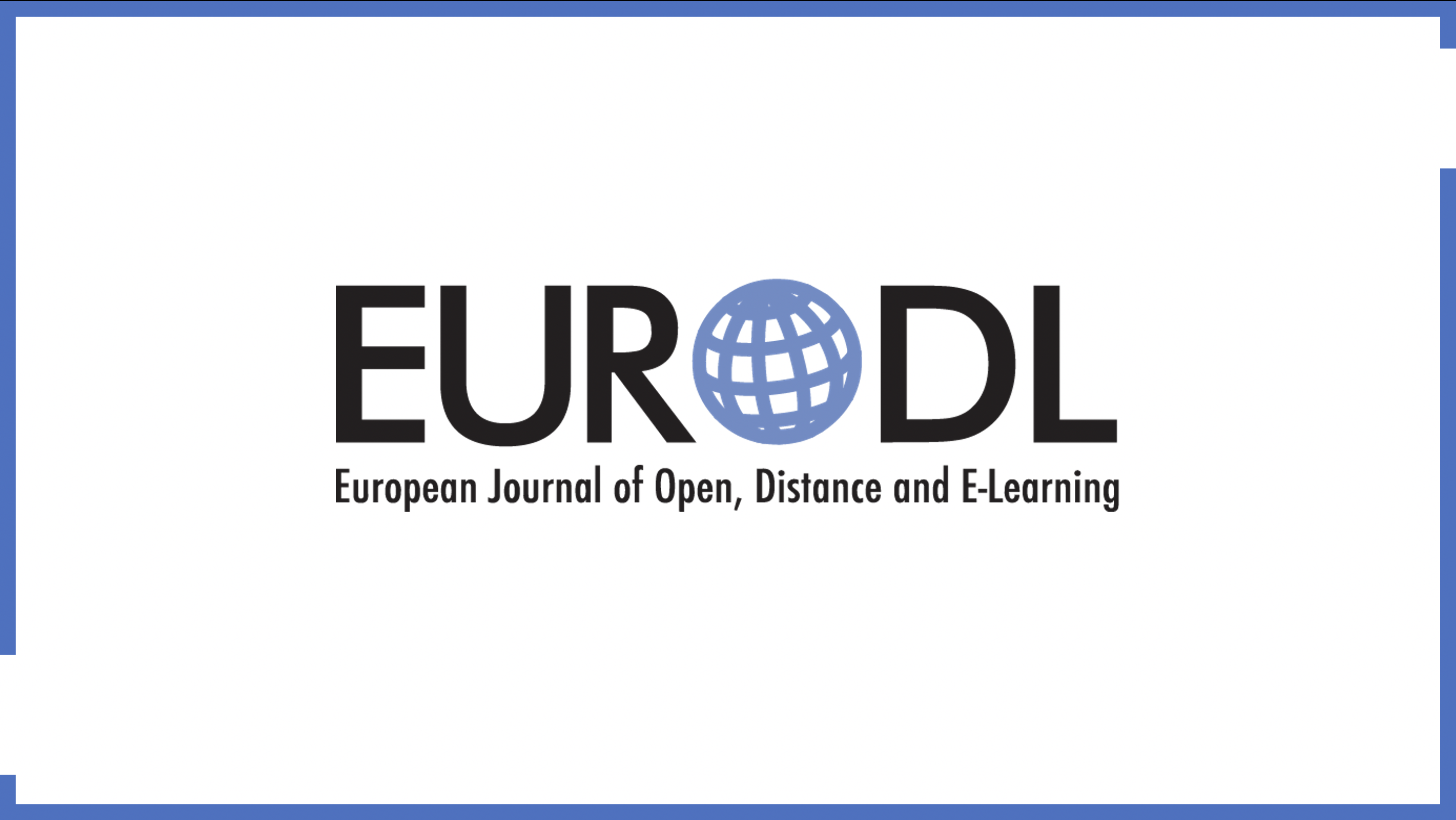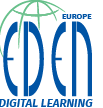
New Article on EURODL: “Leadership 2030: Renewed Visions and Empowered Choices for European University Leaders”
A new article has been published on EURODL as part of the Volume 25 (2023) – Issue 1 (March 2023): “Leadership 2030: Renewed visions and empowered choices for European university leaders” by Don Olcott, Deborah Arnold and Lisa Marie Blaschke.
Find below more information about the new release. You can read the full article, here.
Abstract
This conceptual and descriptive study examines the critical issues, challenges and priorities for European higher education (HE) leaders, drawing upon the theory, practice and experience of leaders inside and outside the open and distance learning (ODL) field. Focussing on the emerging vantage points of the 4th Industrial Revolution (4IR), global trends and the post-pandemic HE landscape, the article discusses their impact on organisational architecture and the emerging leadership roles for driving organisational values, change and sustainability. The authors argue that to maintain institutional stability and agility, leaders must interpret the current zeitgeist to set priorities, build decision-action packages and embrace a new organisational architecture: one characterised by flexible structures, a clear vision of the desired future, a culture of trust and openness, a comprehensive and deep understanding and optimum application of employee skill and talent, and the effective implementation of digital tools and curriculum structures in pedagogically meaningful ways. Leaders must be adaptable, agile and innovative, with the capacity to understand, identify and support the forms of leadership appropriate to their strategic objectives and institutional culture. The paper concludes by targeting critical priorities and actions that leaders must navigate to create innovative and dynamic futures for their institutions.
Keywords
Leadership imperatives; Strategic reset; 4th Industrial Revolution; Institutional architecture; European higher education; Digital synergies
